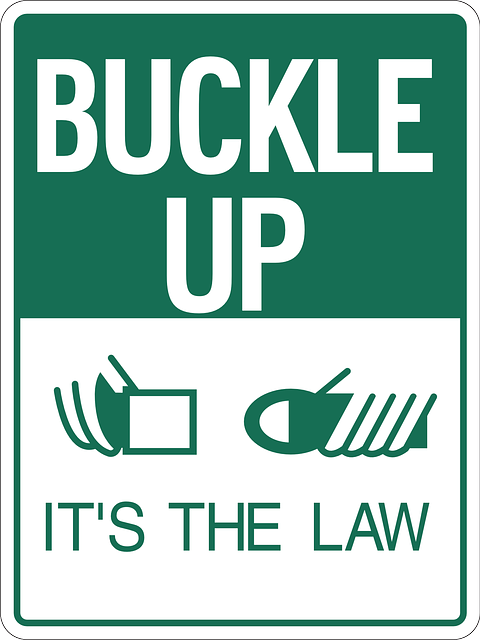Medical malpractice occurs when healthcare providers fall below accepted standards of care, causing patient harm. To pursue a successful claim, four key elements must be proven: doctor-patient relationship, negligence by the provider, causation between actions and harm, and resultant damages. If you suspect neglect or improper treatment leading to injury, consulting an attorney specializing in medical malpractice is recommended. The process involves assessing breach of fiduciary duty, gathering expert testimony, understanding insurance coverage, and meticulously preparing legal documents and evidence to negotiate or litigate for compensation.
“Unsure when to initiate a medical malpractice claim? This comprehensive guide navigates the intricate process, empowering patients to understand their rights. We delve into the defining moments—when medical care deviates from acceptable standards—that warrant legal action. From evaluating your case based on specific criteria to outlining the legal steps involved, this article ensures you’re informed. Learn how to initiate and pursue a medical malpractice claim, armed with knowledge that could make all the difference.”
- Understanding Medical Malpractice: When it Constitutes a Claim
- Evaluating Your Case: Criteria for Filing a Medical Malpractice Claim
- The Legal Process: Steps to Initiate and Pursue a Medical Malpractice Claim
Understanding Medical Malpractice: When it Constitutes a Claim

Medical malpractice occurs when a healthcare provider deviates from accepted standards of care and this deviation causes harm to a patient. Understanding what constitutes medical malpractice is crucial in determining when to initiate a claim. A successful medical malpractice case requires proving four key elements: the existence of a doctor-patient relationship, negligence on the part of the healthcare provider, causation between the provider’s actions (or lack thereof) and the patient’s harm, and damages incurred by the patient.
If you or a loved one have experienced adverse health outcomes due to what you believe was neglect, misdiagnosis, or improper treatment – especially in situations like nursing home neglect – and this has caused personal injury, consulting with a qualified personal injury attorney is advisable. They can help assess whether there’s a valid case for a medical malpractice claim, considering elements such as breach of fiduciary duty, which refers to the responsibility healthcare providers owe their patients.
Evaluating Your Case: Criteria for Filing a Medical Malpractice Claim

Evaluating Your Case: Criteria for Filing a Medical Malpractice Claim
When considering whether to initiate a medical malpractice claim, it’s crucial to understand several key criteria. Firstly, you’ll need to establish that there was indeed a doctor-patient relationship and that the healthcare provider deviated from recognized standards of care. This deviation must have directly caused an injury or harm, resulting in measurable damages. The extent of these damages is critical; minor inconveniences or dissatisfaction typically don’t meet the threshold for filing a claim.
Another essential factor involves evaluating liability. You’ll need to demonstrate that the healthcare provider’s actions (or lack thereof) fell below the acceptable standard and were a direct cause of your injuries. This often requires expert testimony from qualified medical professionals who can opine on both the recognized standards of care and whether those standards were breached in your case. Additionally, understanding insurance coverage dispute resolution mechanisms and consulting with a competent personal injury attorney specializing in elder law can significantly influence your decision-making process.
The Legal Process: Steps to Initiate and Pursue a Medical Malpractice Claim

Initiating a medical malpractice claim involves several legal steps that require careful consideration and expertise. The process begins with identifying potential grounds for a lawsuit—a thorough review of medical records, expert opinions, and an understanding of applicable laws are crucial here. If you suspect negligence or substandard care by a healthcare provider, the first step is to consult with an experienced attorney specializing in medical malpractice cases.
They will guide you through the process, which typically includes preparing detailed legal documents, such as employment contracts or agreements outlining the scope of representation and fees. An accident attorney will gather essential evidence, including medical reports, witness statements, and any relevant documentation. This stage is vital to building a strong case and ensuring your rights are protected. From there, the attorney will negotiate with insurance companies or, if necessary, represent you in court, aiming to secure compensation for damages related to auto accident injuries or other medical complications arising from malpractice.
Knowing when to initiate a medical malpractice claim is crucial. By understanding what constitutes a valid claim, evaluating your case based on specific criteria, and navigating the legal process step by step, you can ensure the best outcome for your situation. Remember, seeking legal advice early on can be instrumental in building a strong case and protecting your rights.






